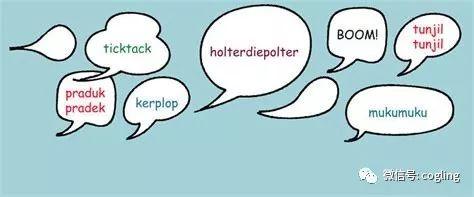
If you don’t speak Japanese but would like, momentarily, to feel like a linguistic genius, take a look at the following words. Try to guess their meaning from the two available options:
1. nurunuru(a) dry or (b) slimy?
2.pikapika(a) bright or (b) dark?
3.wakuwaku(a) excited or (b) bored?
4.iraira(a) happy or (b) angry?
5.guzuguzu(a) moving quickly or (b) moving slowly?
6.kurukuru(a) spinning around or (b) moving up and down?
7.kosokoso(a) walking quietly or (b) walking loudly?
8.gochagocha(a) tidy or (b) messy?
9.garagara(a) crowded or (b) empty?
10.tsurutsuru(a) smooth or (b) rough?
The answers are: 1(b); 2(a); 3(a); 4(b); 5(b); 6(a); 7(a); 8(b); 9(b) 10(a).
If you think this exercise is futile, you’re in tune with traditional linguistic thinking. One of the founding axioms of linguistic theory, articulated by Ferdinand de Saussure in the early 19th century, is that any particular linguistic sign – a sound, a mark on the page, a gesture – is arbitrary, and dictated solely by social convention. Save those rare exceptions such as onomatopoeias, where a word mimics a noise – eg, ‘cuckoo’, ‘achoo’ or ‘cock-a-doodle-doo’ – there should be no inherent link between the way a word sounds and the concept it represents; unless we have been socialised to think so, nurunuru shouldn’t feel more ‘slimy’ any more than it feels ‘dry’.
Yet many world languages contain a separate set of words that defies this principle. Known as ideophones, they are considered to be especially vivid and evocative of sensual experiences. Crucially, you do not need to know the language to grasp a hint of their meaning. Studies show that participants lacking any prior knowledge of Japanese, for example, often guess the meanings of the above words better than chance alone would allow. For many people, nurunuru really does feel ‘slimy’;wakuwaku evokes excitement, and kurukuru conjures visions of circular rather than vertical motion. That should simply not be possible, if the sound-meaning relationship was indeed arbitrary. (The experiment is best performed using real audio clips of native speakers.)
How and why do ideophones do this? Despite their prevalence in many languages, ideophones were once considered linguistic oddities of marginal interest. As a consequence, linguists, psychologists and neuroscientists have only recently started to unlock their secrets.
来源: AEON,“阅读原文”可浏览全文。
